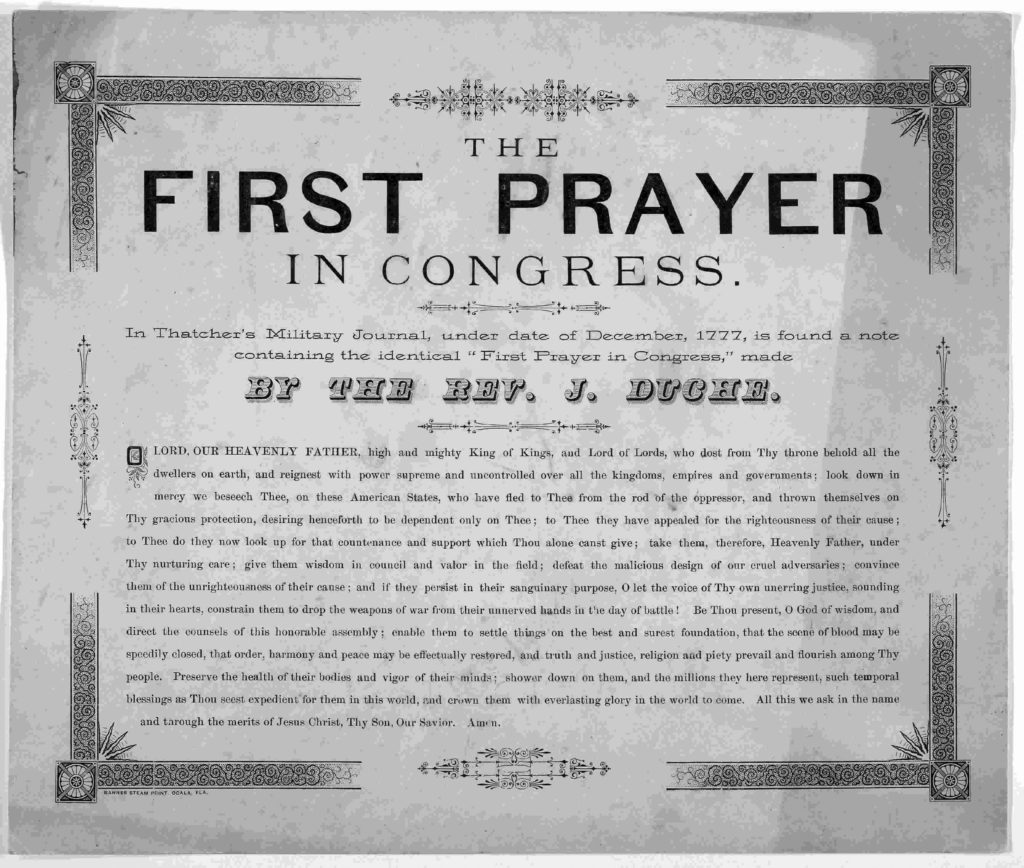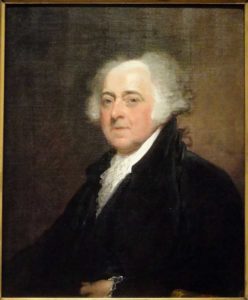
WHEELING, W.Va. — A city in West Virginia has replaced the presentation of a prayer prior to city council meetings with a generalized, secular invocation following receipt of a complaint from the Wisconsin-based Freedom From Religion Foundation (FFRF).
FFRF had sent a letter to Wheeling Mayor Glenn Elliott on Jan. 9 after being informed by a local resident that the prayers presented at city council meetings were repeatedly and consistently Christian.
“This practice represents an unconstitutional endorsement of Christianity,” the correspondence read. “The council members lead prayers that are invariably Christian, often include sectarian references, and ignore vocal challenges by members of the community.”
FFRF pointed to the 2017 Fourth Circuit Court of Appeals ruling in Lund v. Rowan County, in which an en banc panel of judges ruled 10-5 that while county commissioners in North Carolina may present prayers before public meetings, they cannot be exclusively Christian. The U.S. Supreme Court declined to hear an appeal of the case.
“The great promise of the Establishment Clause is that religion will not operate as an instrument of division in our nation,” wrote Judge Harvie Wilkinson, nominated to the bench by then-President Ronald Reagan.
“Instead of drawing on this tradition, Rowan County elevated one religion above all others and aligned itself with that faith. It need not be so,” he continued. “As the history of legislative invocations demonstrates, the desire of this good county for prayer at the opening of its public sessions can be realized in many ways that further both religious exercise and religious tolerance.”
FFRF took the matter even further in its letter to Elliott, asserting that the best resolution is for the City to not offer prayers before meetings at all.
“Prayer at government meetings is unnecessary, inappropriate and divisive, and the best solution is to discontinue the invocations altogether,” it stated. “Council members are, of course, free to pray privately or to worship on their own time in their own way, but they should not worship on taxpayers’ time.”
“In order to demonstrate the council’s respect for the diverse range of religious and nonreligious citizens living in Wheeling, we urge you to concentrate on civil matters and leave religion to the private conscience of each individual by ending the practice of hosting prayers at your meetings,” the group wrote.
According to the Wheeling News-Register, prior to Tuesday’s city council meeting, Councilman Ken Imer presented a general, humanistic invocation that did not reference or entreat God.
“As we gather here today as members of City Council, we pray that we are ever mindful of opportunities to render our service to fellow citizens and to our community,” he stated. “Keeping in mind always the enduring values of life, applying our efforts in those areas and on those things upon which future generations can build with confidence, let us continue to strive to make a better world.”
Mayor Elliott told the outlet that the city solicitor felt that the change was a “safe” compromise.
“The compromise … is something we worked out with our city solicitor, and she believes it falls well within the confines of First Amendment case law,” he said. “We took it very seriously. … It’s a safe spot within First Amendment law, and … I believe we can move forward as we have been for many, many years, just with a slight modification.”
“We still want to have some form of reflection, but not run afoul of any First Amendment case law,” Elliott advised. “From what I understand, the letter is based on some pretty solid case law, … and I think we’ve been very careful, going forward and [Tuesday], that what we’re doing will not promote any particular religion and be respectful to believers and non-believers alike.”

According to the office of the chaplain of the U.S. House of Representatives, the first prayer of the Continental Congress was presented on Sept. 7, 1774 by Jacob Duche of Christ Church of Philadelphia, and was delivered in the name of Jesus.
“O Lord our Heavenly Father, high and mighty King of kings, and Lord of lords, who dost from thy throne behold all the dwellers on earth and reignest with power supreme and uncontrolled over all the kingdoms, empires and governments,” he prayed, “look down in mercy, we beseech Thee, on these our American States, who have fled to Thee from the rod of the oppressor and thrown themselves on Thy gracious protection, desiring to be henceforth dependent only on Thee.”
On March 23, 1798 — less than 12 years after the signing of the U.S. Constitution — John Adams, the second president of the United States, called for a day of national repentance, prayer and fasting.
“[T]he safety and prosperity of nations ultimately and essentially depend on the protection and the blessing of Almighty God, and the national acknowledgment of this truth is not only an indispensable duty which the people owe to Him, but a duty whose natural influence is favorable to the promotion of that morality and piety without which social happiness cannot exist nor the blessings of a free government be enjoyed,” he wrote.
James Madison, the fourth president of the United States, similarly called for a national day of prayer on July 9, 1812.
“I do therefore recommend the third Thursday in August next as a convenient day to be set apart for the devout purposes of rendering the Sovereign of the universe and the Benefactor of mankind the public homage due to His holy attributes; of acknowledging the transgressions which might justly provoke the manifestations of His divine displeasure; of seeking His merciful forgiveness and His assistance in the great duties of repentance…”
President Abraham Lincoln also proclaimed a national fast day in 1863.
“[I]t is the duty of nations as well as of men to own their dependence upon the overruling power of God, to confess their sins and transgressions in humble sorrow, yet with assured hope that genuine repentance will lead to mercy and pardon; and to recognize the sublime truth, announced in the Holy Scriptures and proven by all history, that those nations only are blessed whose God is the Lord,” his proclamation read.
“[I]nsomuch we know that by His Divine law, nations like individuals are subjected to punishments and chastisements in this world, may we not justly fear that the awful calamity of civil war, which now desolates the land, may be but a punishment inflicted upon us for our presumptuous sins, to the needful end of our national reformation as a whole people,” Lincoln said.
Become a Christian News Network Supporter...


